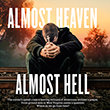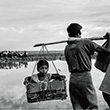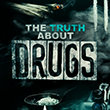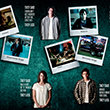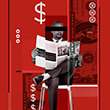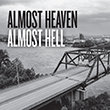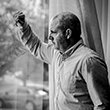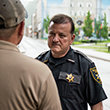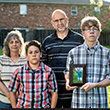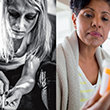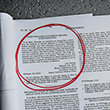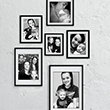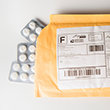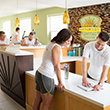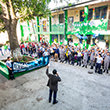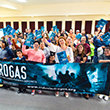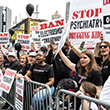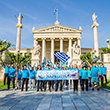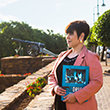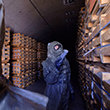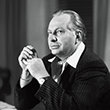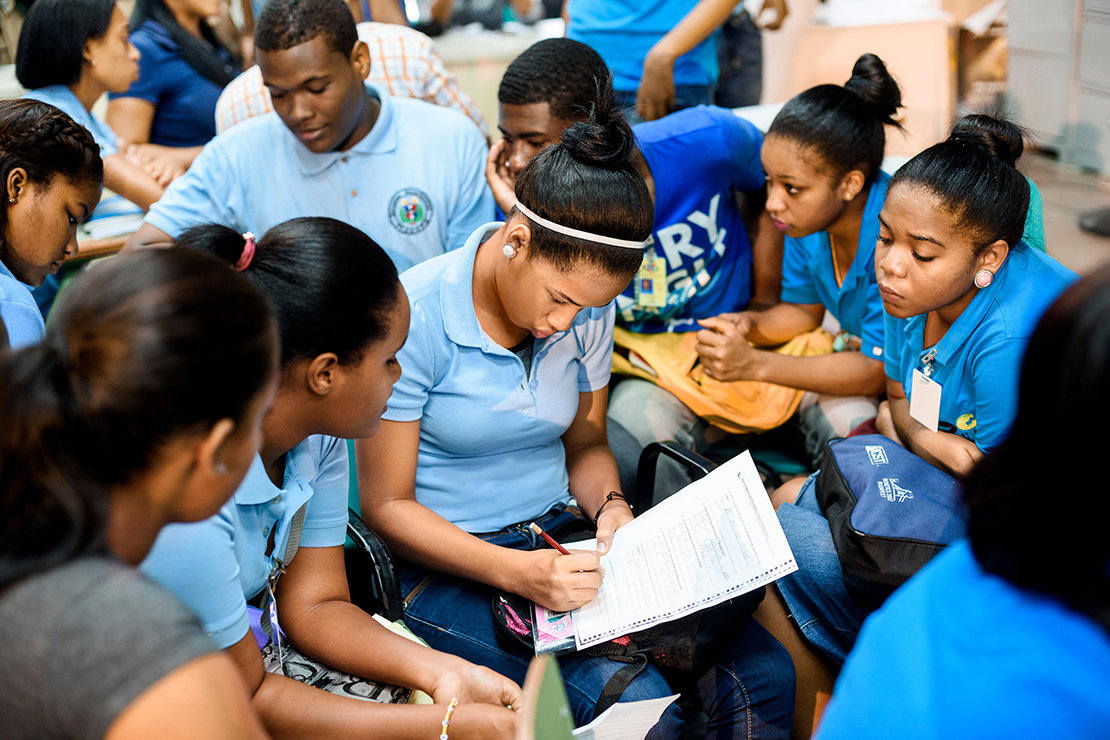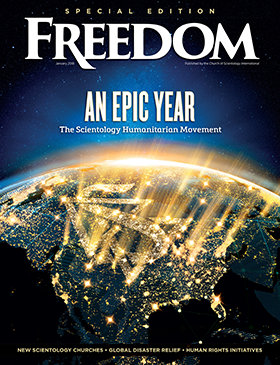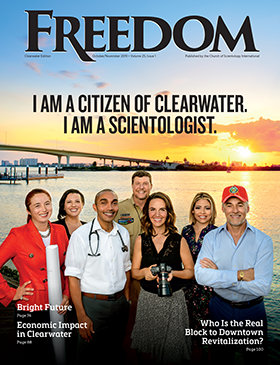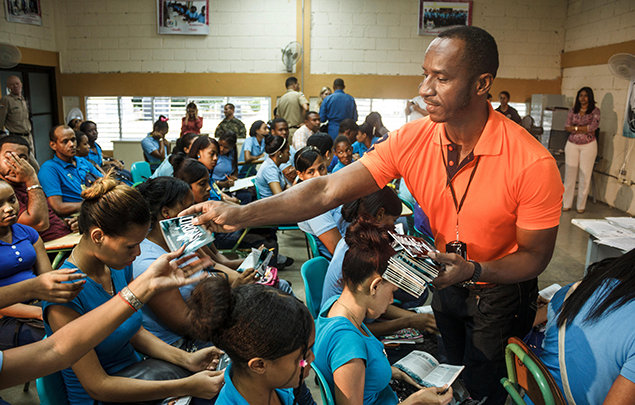
It is a daily sight along the southeastern coast of the beautiful Caribbean island nation known as the Dominican Republic. A prop plane buzzes low over an aqua blue shoreline to drop cargo some distance from the beach. As the plane leaves, a speedboat races seaward to pull the bobbing cargo aboard, and then tears away to a convenient cave up the coast to unload.
It is a scenario that local attorney Carlos Gonzalez knows too well.
While the Dominican Republic is known for exporting pro baseball players to the U.S., and for its excellent Dominican cigars, considered superior to Cuban varieties, this cargo has become the country’s principle export—illicit drugs. The nation has emerged as a drug trafficking command center in the Caribbean; it is now a key transit hub for illegal drugs from South America.
Drug traffickers operate there with impunity, critics say, as bribery and corruption undermine government and police anti-crime efforts.
The situation for the Dominican people turned tragic after drug cartels began paying local traffickers in drugs rather than cash. An explosion of drug abuse and addiction followed soaring sales of cocaine and heroin—especially to Dominican youth.
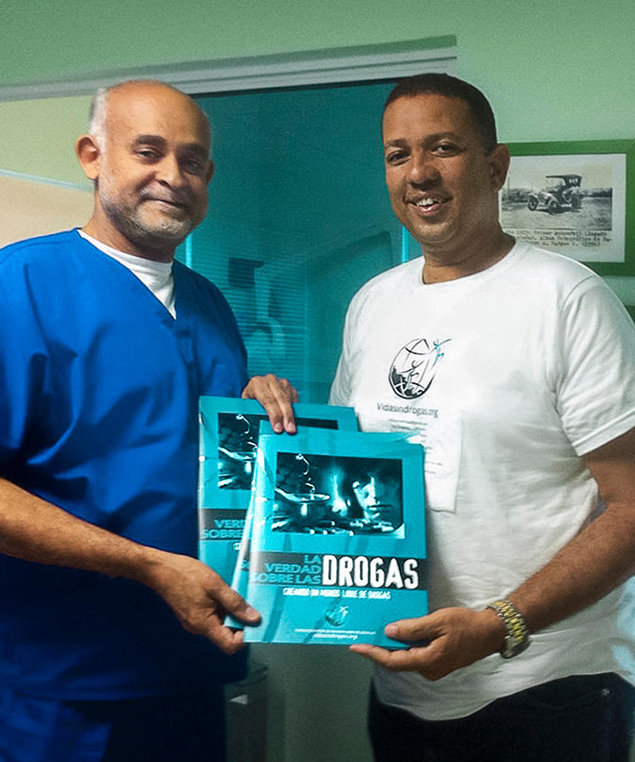
“The [DFW] materials are the greatest educational tool I have ever seen.”
Carlos Gonzalez
The number of drug addicts rose logarithmically. Estimates now suggest 300,000 addicted Dominicans in a population of nearly 11 million. Between 2012 and 2013, Dominicans deported from America on drug charges surged 53 percent.
The depth of the problem inspired Carlos to take action. As a lawyer and college professor and a member of his country’s National Drug Council since 1992, he educated students, athletes, neighborhood groups and others about drug abuse.
“The goal is to prevent drug use in all areas of society and prevent drug abuse through clear guidelines,” Carlos told Freedom. “The fundamental purpose [is] to reduce to a minimum the demand for drugs in vulnerable populations.”
After more than a decade of working through the National Drug Council, Carlos stumbled on a breakthrough discovery on Facebook when he saw the page for the Foundation for a Drug-Free World (DFW).
Simply corresponding didn’t do the trick, so Carlos hopped a plane and met personally with DFW staff in the U.S. He was astounded by what he learned.
“The [DFW] materials are the greatest educational tool I have ever seen,” he beams. “I prefer the Foundation for a Drug-Free World materials because these are the best explanation of the harm that drugs cause,” Carlos stresses.
Carlos didn’t limit the DFW message to just his students. He showed them to Dr. Marcelo Rodriguez, one of the principal executives on his country’s National Drug Council, getting permission to begin using the DFW materials in the southern city of Barahona. Eventually, the National Drug Council invited DFW to the Dominican Republic to train their own counselors on its program. In a very short time, 1,000 new counselors were spreading the DFW program materials.
Armed with DFW educational tools, the nation’s National Drug Council has now reached more than 110,000 people with the Truth About Drugs message.

